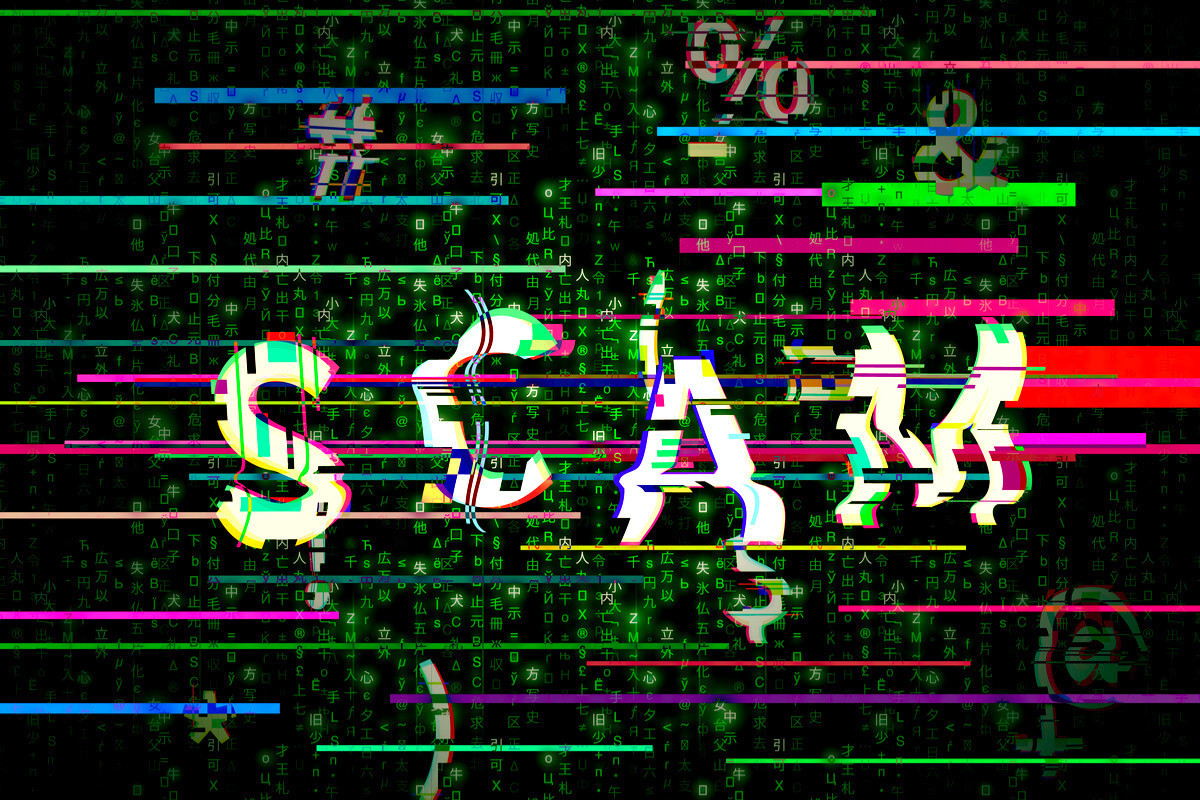Indian National Sentenced for $20 Million Coinbase Scam
19.10.2024 11:00 1 min. read Alexander Stefanov
The cryptocurrency industry has faced its share of scams and cyberattacks, causing some potential investors to approach it with caution.
Law enforcement agencies worldwide are intensifying their efforts to combat fraud within this sector. A recent case highlights this crackdown: an Indian man has been sentenced for his role in a cryptocurrency scam.
Chirag Tomar received a five-year prison sentence for defrauding numerous victims out of more than $20 million through a counterfeit website that imitated the well-known cryptocurrency exchange Coinbase. The U.S. Department of Justice reported that, in addition to his prison term, Tomar will undergo two years of supervised release.
The fraudulent operation involved a spoofed version of Coinbase Pro, using the fake URL “CoinbasePro.Com” to deceive users into believing they were on the legitimate site.
Tomar was apprehended last December upon arriving in the United States and later pled guilty to wire fraud conspiracy charges in May 2024. He remains in federal custody until he is transferred to a designated prison facility.
Proceeds from the scam were reportedly used to fund a lavish lifestyle, including the purchase of luxury cars and high-end watches, as well as extravagant vacations to destinations like Thailand and Dubai.
-
1
U.S. Court Cracks Down on Early Crypto Fraud With Massive Fine
14.06.2025 10:00 1 min. read -
2
Shaquille O’Neal Agrees to $1.8M Settlement Over FTX Endorsement Lawsuit
15.06.2025 21:00 1 min. read -
3
Whale Accumulates Curve Tokens Amid Market Lull
16.06.2025 11:00 1 min. read -
4
Iran Limits Crypto Trading Hours After Politically Charged Hack on Nobitex
20.06.2025 11:00 1 min. read -
5
Crypto Investigator Links New Altcoin Project to $30M Scam
17.06.2025 18:00 1 min. read
Pennsylvania Man Sentenced to 8 Years for $40M Crypto Ponzi Scheme
The U.S. Department of Justice has sentenced Dwayne Golden, 57, of Pennsylvania to 97 months in prison for orchestrating a fraudulent crypto investment scheme that stole over $40 million from investors.
Crypto Theft Surges to $2.1B in 2025: State Actors Lead Historic Wave of Attacks
The first half of 2025 has become the most damaging six-month period in crypto history, with over $2.1 billion stolen across 75+ separate incidents, according to new data.
Crypto Users Targeted as Cointelegraph and CoinMarketCap Fall to Front-End Hacks
A new breed of cyber-attack is sweeping through crypto media, exploiting site pop-ups and wallet-connect prompts instead of smart-contract bugs.
CoinMarketCap Potentially Compromised in Ongoing Front-End Attack
CoinMarketCap, one of the most widely used crypto data tracking platforms, is reportedly facing a front-end security breach, with multiple users encountering a suspicious prompt to verify their wallets.
-
1
U.S. Court Cracks Down on Early Crypto Fraud With Massive Fine
14.06.2025 10:00 1 min. read -
2
Shaquille O’Neal Agrees to $1.8M Settlement Over FTX Endorsement Lawsuit
15.06.2025 21:00 1 min. read -
3
Whale Accumulates Curve Tokens Amid Market Lull
16.06.2025 11:00 1 min. read -
4
Iran Limits Crypto Trading Hours After Politically Charged Hack on Nobitex
20.06.2025 11:00 1 min. read -
5
Crypto Investigator Links New Altcoin Project to $30M Scam
17.06.2025 18:00 1 min. read


